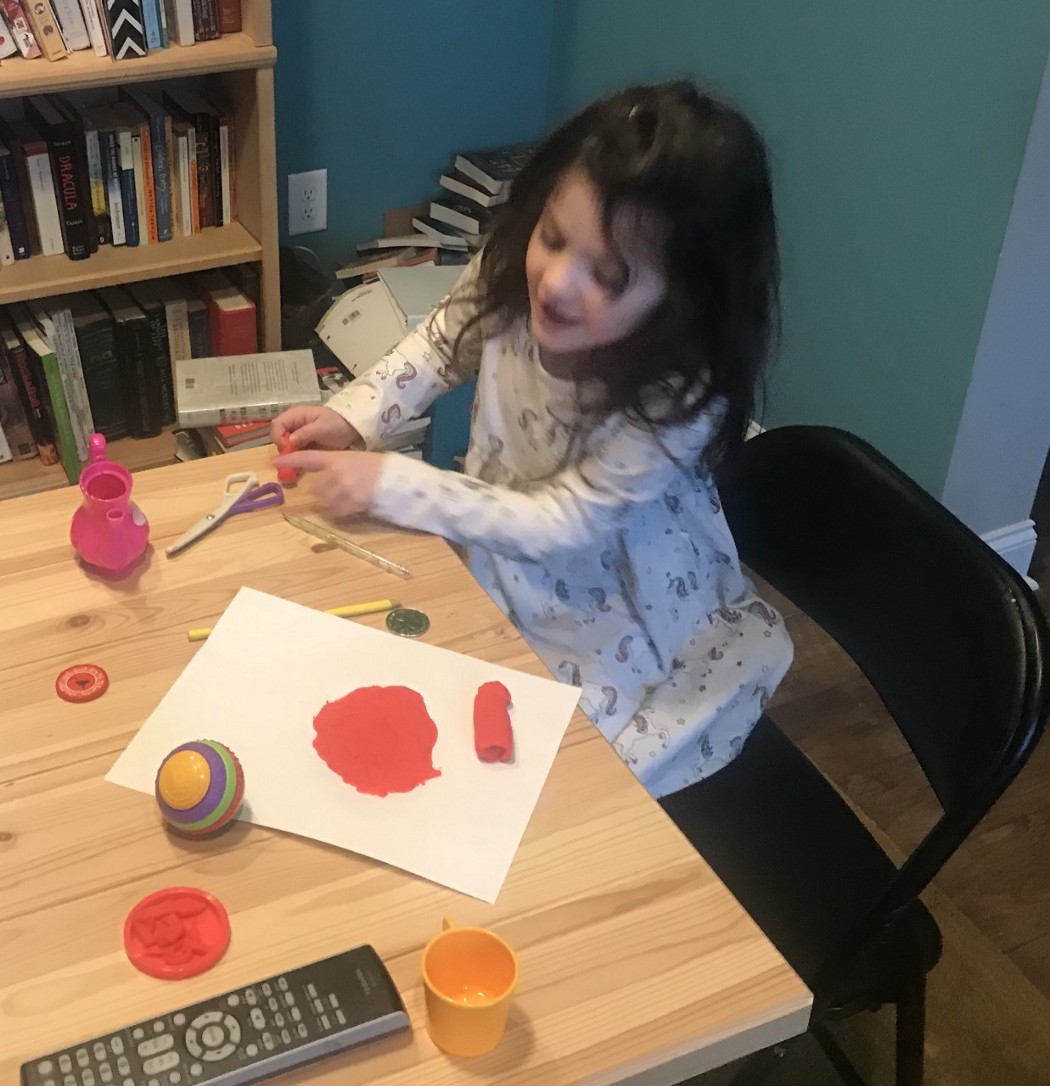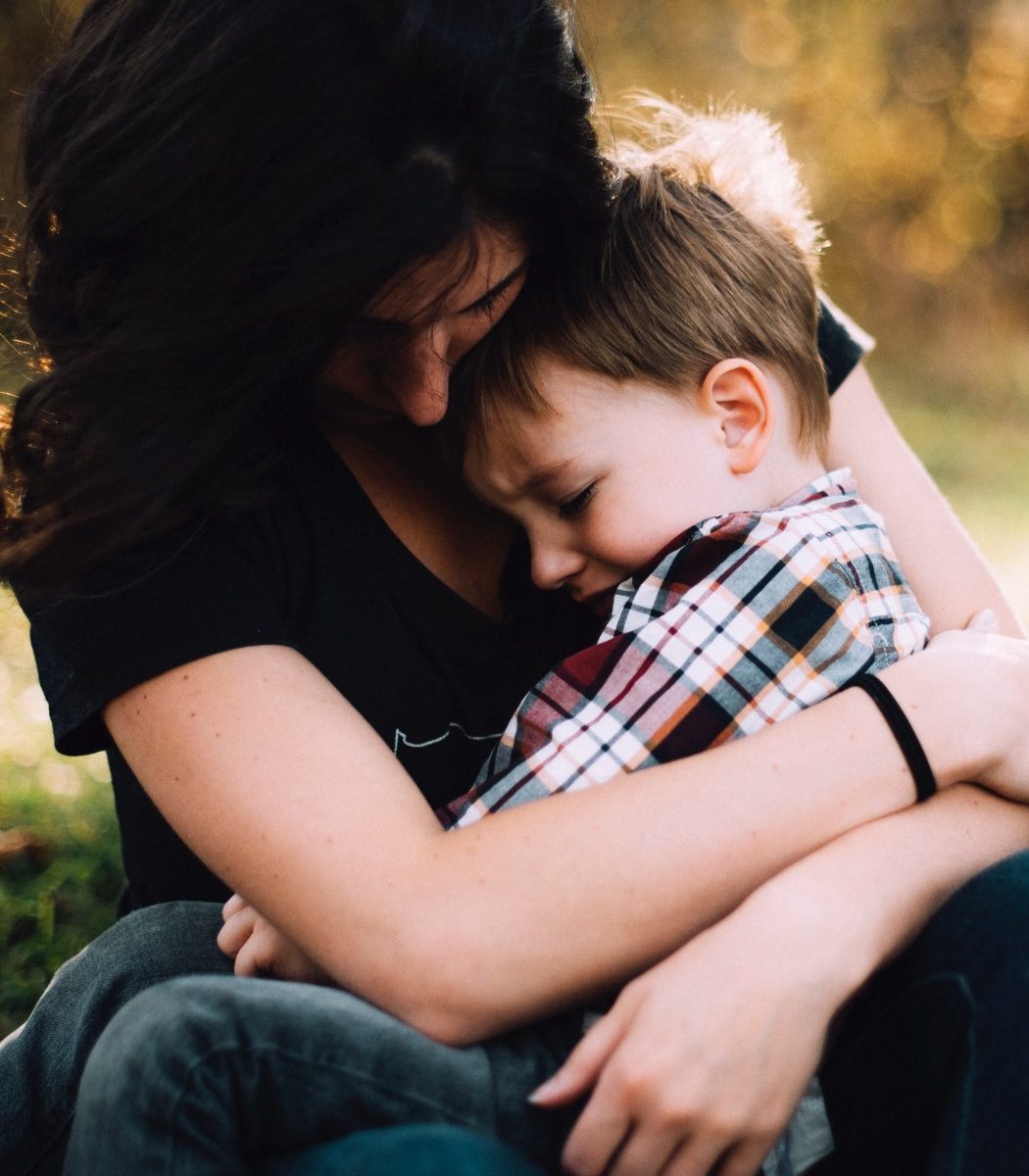“Search me, God, and know my heart; test me and know my anxious thoughts.” Psalm 139:23
The Psalmist asks God to examine his heart. He’s just prayed a pretty brutal prayer (check out verse 22), and he wants God to make sure his motives are pure.
I would be anxious just having the thought, “Those are my enemies! They’re evil!” much less expressing that sentiment to God. I know intellectually that if I have a thought, God knows it. Still, something seems different about expressing it in prayer — that is, in taking my involuntary reactions and making them planned expressions to God.
Recently, I’ve been trying to share more with God — to resist the urge to only come to Him with petitions or the things that I think are religious. I’ve also been trying to give myself time to listen to Him. “What do you think of this, God?” I asked last week after starting a book that, if I completed, was over twenty hours. “Is it worth reading to the rest of this?” The answer: it wouldn’t be a wise use of my time.
Continue reading ““What Do You Think?””









